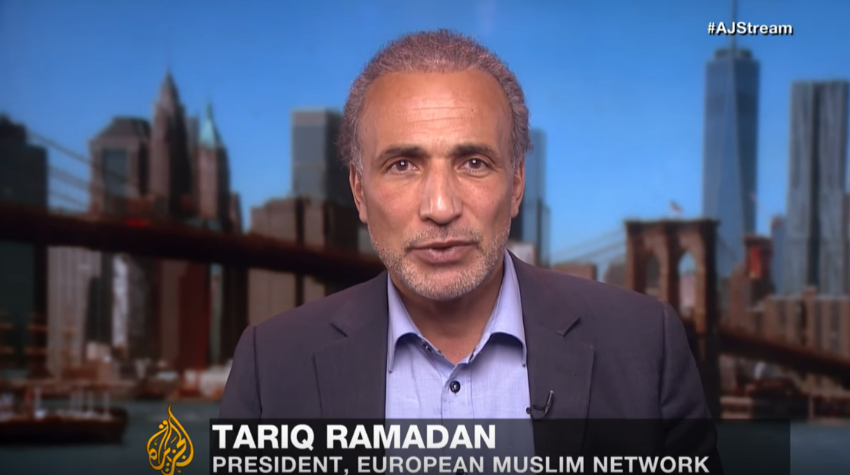ACLU
Over the last three years, the U.S. government has resurrected the discredited practice of “ideological exclusion”-denying visas to non-citizens whose politics the government disfavors. In 2004, the government revoked the visa of Tariq Ramadan, a Swiss intellectual who is widely regarded as a leading scholar of the Muslim world, but who is also a prominent critic of some “war on terror” policies. The government has also recently excluded Dora María Telléz, who played a prominent role in the Nicaraguan revolution that toppled the Somoza regime. Using the immigration laws, including some amended by the Patriot Act, the government has prevented U.S. citizens and residents from meeting with these and other prominent critics of U.S. government policies and from hearing ideas that the U.S. government disfavors.
The return of ideological exclusion is of particular concern because of the way the same practice was used during the 1950s, 60s, and 70s. During the Cold War, the U.S. government abused the immigration laws in order to exclude prominent intellectuals like Graham Greene, Gabriel Garcia Marquez, Dario Fo, Pablo Neruda, Carlos Fuentes, as well as former Canadian Prime Minister Pierre Trudeau and former NATO Deputy Supreme Commander Nino Pasti. None of these individuals represented any danger to national security. They were excluded simply because the U.S. government wanted to inhibit the ability of U.S. citizens and residents to meet with them and hear their ideas.
In March 2005, the ACLU filed a Freedom of Information Act request to obtain more information about how and when the government is using particular immigration laws to exclude individuals from the country because of their political views, political associations, or the content of their speech. In November 2005, after seven months of near silence from the agencies, the ACLU was forced to file a lawsuit demanding the government release records about ideological exclusion. The lawsuit was filed on behalf of the ACLU, the American Association of University Professors, and the PEN American Center.
Source : ACLU



![PALEXPO : Democratic Engagement & Justice for Palestinians [08/07/2017]](https://tariqramadan.com/english/wp-content/uploads/sites/9/2017/07/Palexpo.png)
![Bristol Festival of Ideas : Conversation with Julian Baggini [24/05/2017]](https://tariqramadan.com/english/wp-content/uploads/sites/9/2017/06/bristol.png)
![Interview on BBC Radio Ulster [06/06/2017]](https://tariqramadan.com/english/wp-content/uploads/sites/9/2017/06/p03nnqlv.jpg)
![Interview on BBC 4 : What do the London attacks have to do with Islam? What is the Muslims’ responsibility?[06/06/2017]](https://tariqramadan.com/english/wp-content/uploads/sites/9/2017/06/bbc.jpg)

